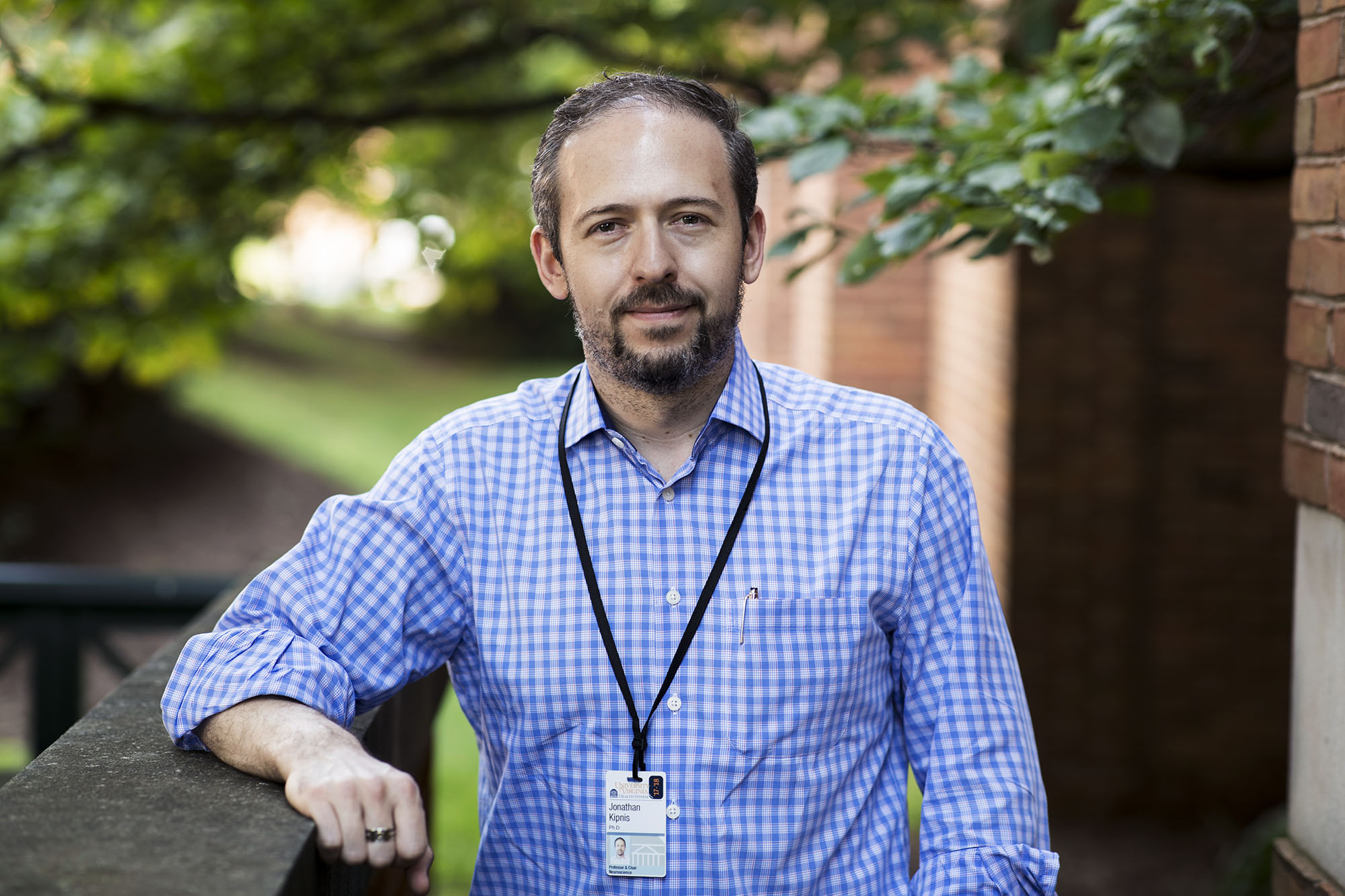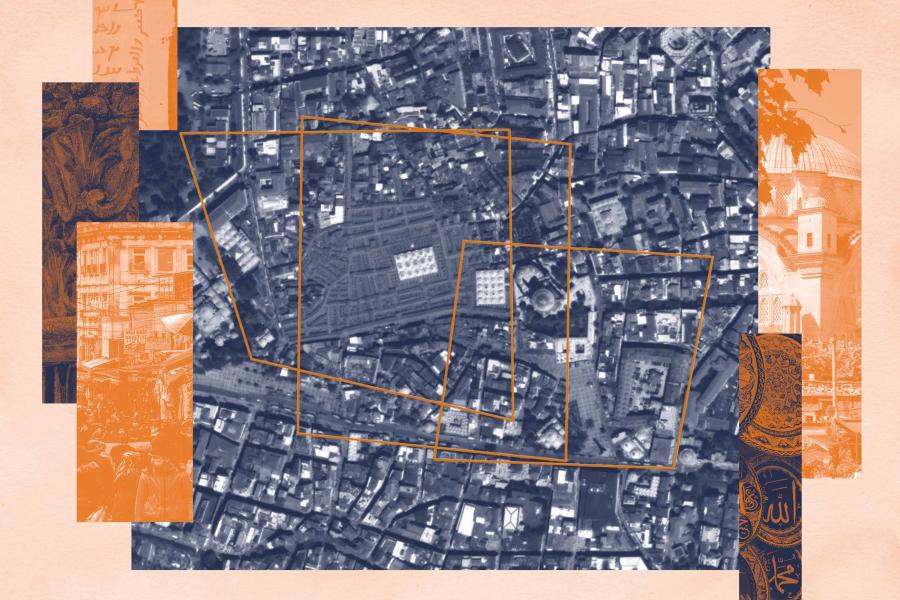Ukpong Eyo knew that he wanted to come to the University of Virginia well before he arrived in Charlottesville, because he admired the work of neuroscientist Jonathan Kipnis, formerly the director of UVA’s Center for Brain Immunology and Glia.
Kipnis led the team behind a stunning 2016 discovery of previously unknown vessels connecting the brain and the immune system. Since then, UVA has continued to blaze new trails in neuroscience, and Eyo – who came to the U.S. from Nigeria as an undergraduate and joined the University in 2018 – is now a big part of that work. He heads the Eyo Lab in the Center for Brain Immunology and Glia, studying microglia (a type of cells in the central nervous system) and their effect on behavioral or developmental disorders, as well as neurodegenerative diseases like Alzheimer’s.
His work has important implications for how we treat behavioral or developmental disorders. We caught up with him to learn more.
Q. You received your undergraduate degree in zoology. Can you explain how that prepared you for the rest of your career in research and why you chose that path?
A. I don’t know that I chose the path as opposed to the path chose me. I’m originally from Nigeria, and I applied to come to the States for school and I was accepted to Northwest Missouri State University.
Once I got there, I knew I wanted to go to med school, and their main program to prepare you for med school was this pre-professional zoology.
Northwest Missouri State University was a smaller institution, and my advisers were very welcoming and took a very special personal interest in me. They got me excited about what research could look like. Even though I wanted to go to med school, meetings with some of my faculty members pushed me toward research.
Q. Why did Jonathan Kipnis’ research at UVA interest you?
A. Jonathan Kipnis came out with a study that showed that by manipulating microglia cells, we could actually improve the phenotype [observed symptoms] of a newer developmental disorder called Rett syndrome [a genetic disorder that results in loss of coordination and speech]. The study made a big splash, and for the first time, I kept thinking about how we could use microglia to treat various diseases. That got me very excited, and so from that day, I decided to pursue a career in studying microglia cells.











